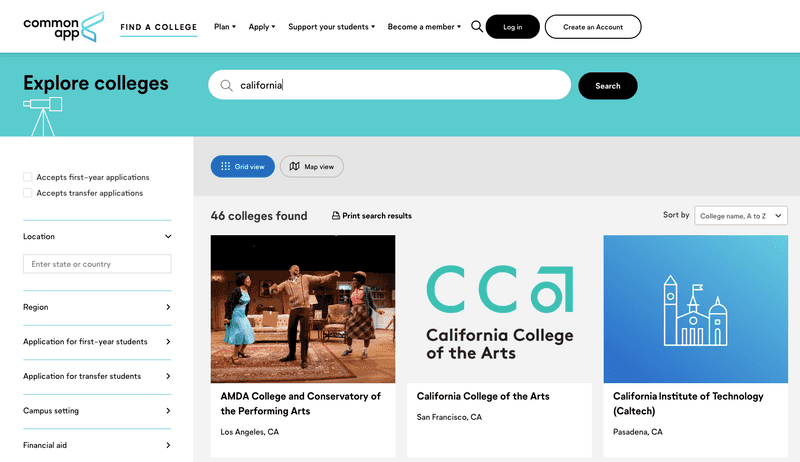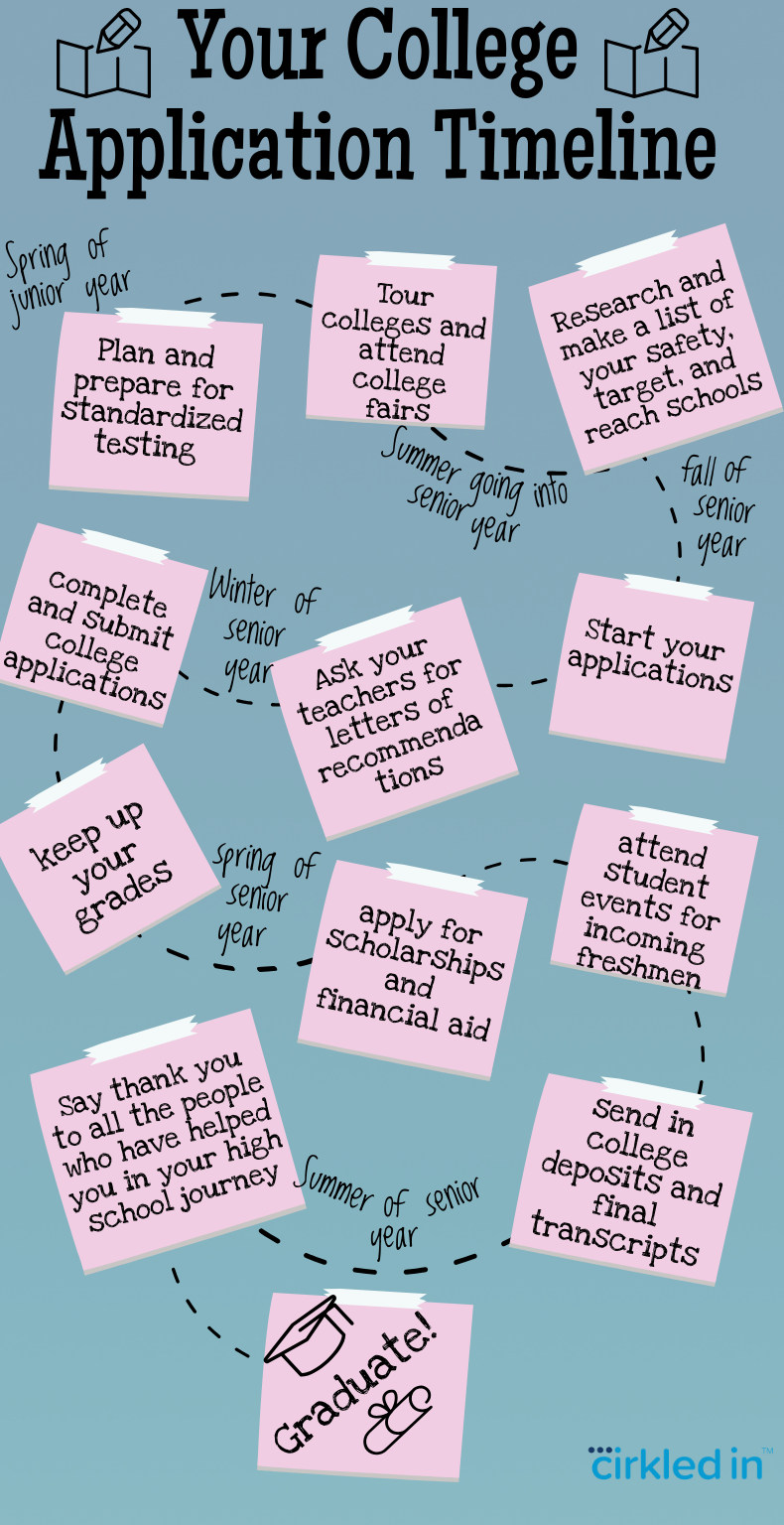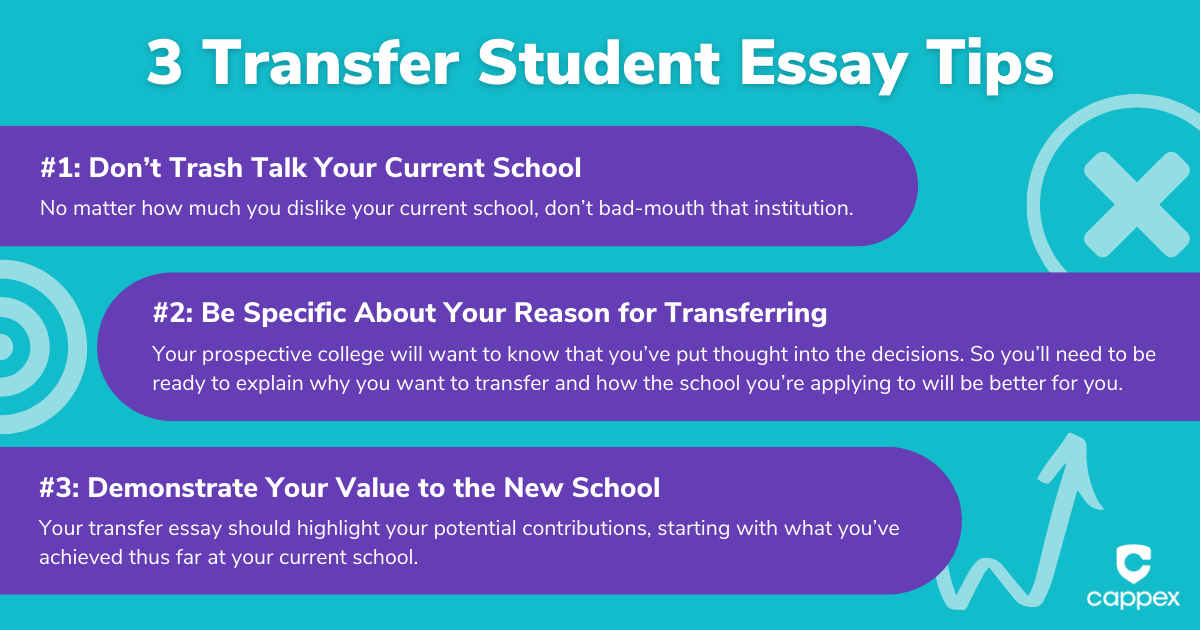Key Takeaways
Cornell University accepts community college transfers and values the diverse perspectives they bring.
Strong academic performance, relevant coursework, and a compelling personal statement are crucial for a successful transfer application.
Community colleges offer resources and opportunities that can strengthen your transfer application to Cornell.
It’s important to research Cornell’s programs and ensure your credits are transferable to avoid course mismatches.
Deadlines are critical; stay informed and proactive throughout the application process to maximize your chances of success.

“Cornell Reduces Proportion of Students …” from cornellsun.com and used with no modifications.
Why Choose Cornell?
Imagine walking through the historic halls of Cornell University, where innovation meets tradition. Cornell isn’t just another Ivy League school; it’s a place where you can truly diversify your academic portfolio and join a community that’s as inclusive as it is academically rigorous. But why should you, a community college student, consider transferring to Cornell?
First off, Cornell’s commitment to academic diversity means your community college background is not just accepted; it’s celebrated. They recognize the unique perspectives and real-world experiences you bring to the table. And let’s not forget, Cornell offers some of the best programs in the world, with top-notch faculty and resources that can propel you into your dream career.
Understanding the Transfer Admission Process
The journey from community college to Cornell is filled with anticipation and requires meticulous planning. To embark on this path, you need to understand Cornell’s transfer admission process. It’s more than just filling out an application; it’s presenting your academic journey in a way that aligns with Cornell’s standards.
Most importantly, Cornell looks for students who have excelled academically at their community colleges. They want to see that you’ve challenged yourself with a rigorous course load and have the grades to show for it. Because of this, it’s crucial to maintain a high GPA and select courses that will transfer smoothly to your intended major at Cornell.
Charting the Course: Community College Foundation
Strengthening Your Academic Record
Let’s talk strategy. Your academic record is the cornerstone of your transfer application. To strengthen it, focus on earning top grades, especially in courses related to your intended major. Remember, Cornell is looking for students who are not just smart but also passionate about their field of study.
Besides that, consider taking honors courses or engaging in projects that showcase your intellectual curiosity. These efforts will not only beef up your academic profile but also prove that you’re ready for the academic rigor of Cornell.
Maximizing Community College Resources
Community colleges are gold mines of opportunity, and it’s up to you to tap into these resources. Engage with your professors—they can be your mentors and your advocates. Utilize tutoring centers, writing workshops, and other academic services to hone your skills. These actions show Cornell that you’re proactive about your education and willing to go the extra mile for your academic advancement.
Additionally, get involved in extracurricular activities related to your field. Whether it’s a coding club for computer science enthusiasts or a sustainability project for environmental advocates, these experiences enrich your application and demonstrate your commitment to your interests.
Setting Your Sights on Cornell
Researching Cornell’s Programs
Before you set your heart on transferring, it’s essential to understand the academic landscape of Cornell. Start by researching the programs and majors offered. Dive into course descriptions and see how they align with your academic goals. This step ensures that you’re aiming for a program that truly resonates with your passion and career objectives.
Evaluating Course Transferability
One of the biggest hurdles in transferring is making sure your community college credits will be recognized by Cornell. To avoid this pitfall, consult with both your community college advisors and Cornell’s transfer credit evaluators early on. They can guide you on which courses are likely to transfer and which ones won’t, saving you time and effort in the long run.
The Cornell Transfer Application: A Step-by-Step Guide
Key Components of the Application
The application itself is your chance to shine. Fill out every section with precision, ensuring that all your achievements and academic milestones are clearly outlined. The key components include your transcript, test scores (if applicable), extracurricular activities, and any additional documents requested by Cornell.
Writing a Standout Personal Statement
Your personal statement is where your voice must come through. Share your story, your academic journey, and the experiences that have shaped you. Be authentic and let your genuine interest in Cornell and your field of study be evident.
Remember, Cornell admissions officers read thousands of essays. Make yours memorable by being concise, compelling, and reflective of your unique perspective. It’s not just about your past; it’s about your future and how you see Cornell as a part of that journey.
Exclusive Advice: Making Your Application Shine
With the basics in place, it’s time to polish your application until it shines. This is where you differentiate yourself from the crowd. Think of it as curating an exhibit of your academic life where every piece tells a part of your story.
Obtaining Strong Letters of Recommendation
Letters of recommendation are your advocates in written form. Choose recommenders who know you well and can speak to your strengths and potential. A professor who has witnessed your growth or a supervisor who can testify to your work ethic can be invaluable in this process.
Provide your recommenders with a clear understanding of why you want to transfer to Cornell and what you hope to achieve. This insight will help them write more personalized and impactful letters.
Demonstrating Leadership and Community Engagement
Lead a community service initiative that showcases your commitment to social responsibility.
Take on a leadership role in a club or organization, highlighting your ability to manage and inspire others.
Engage in research projects that show your dedication to academic inquiry and problem-solving.
Leadership and community engagement are not just about titles; they’re about impact. Cornell wants to see that you’re a mover and a shaker, someone who’s not afraid to take the initiative and make things happen.
Whether you’ve organized a fundraiser, led a study group, or volunteered in your community, these experiences reflect your character and your potential to contribute to Cornell’s dynamic community.
Navigating Obstacles: Overcoming Common Transfer Challenges
Managing Course Mismatches
Even with careful planning, you might encounter a course mismatch. If a course you’ve taken doesn’t align with Cornell’s curriculum, don’t panic. Instead, focus on the skills and knowledge you gained from it. You can also take additional courses that fit Cornell’s requirements or highlight complementary experiences that fill any gaps in your academic profile.
Keep the dialogue open with Cornell’s admissions officers. They can provide guidance on how to navigate these mismatches and may offer alternative solutions to demonstrate your readiness for your chosen program.
Staying Ahead of Deadlines and Requirements
Deadlines are non-negotiable. Mark them on your calendar, set reminders, and stay ahead of the game. Cornell has specific dates by which your application and all supporting materials must be submitted. Missing a deadline can be the difference between being considered and missing out entirely.
Adapting to a New Academic Environment
Once you’ve successfully navigated the transfer process and find yourself at Cornell, it’s time to adapt to your new academic environment. Transitioning to an Ivy League university from a community college can be exhilarating but also a bit daunting. The pace of learning is quicker, the expectations are higher, and the academic rigor is more intense. But remember, you earned your place here because you have the potential to thrive.
Start by familiarizing yourself with Cornell’s academic resources, such as the libraries, writing centers, and study groups. These are invaluable tools that can help you adjust to the demanding coursework. Also, don’t hesitate to reach out to professors during office hours; they can provide guidance and support as you navigate your new academic terrain.
Moreover, it’s important to connect with other transfer students. They’re likely experiencing similar challenges and can offer camaraderie and advice. Cornell may have specific organizations or programs for transfers – joining these can help you integrate more smoothly into university life.
Utilize academic resources such as tutoring centers and libraries.
Connect with professors and attend their office hours.
Join organizations for transfer students to find a supportive community.
Exploring Campus Opportunities
At Cornell, the opportunities to enrich your academic and social life are abundant. You can join clubs that align with your interests, participate in research with leading experts, or volunteer for causes you’re passionate about. These activities not only enhance your college experience but also contribute to your personal and professional growth.
Frequently Asked Questions
Now, let’s address some common questions that might be swirling in your head about transferring from a community college to Cornell.
What is the Minimum GPA for a Transfer Student to Cornell?
Cornell does not explicitly state a minimum GPA requirement for transfer students, but the admissions process is competitive. Generally, a GPA above 3.0 is considered competitive, but keep in mind that the strength of your application also depends on the rigor of your coursework, your personal statement, and extracurricular involvement.
It’s crucial to maintain the highest GPA possible and to take challenging courses that prepare you for the academic rigor of Cornell. However, a lower GPA does not automatically disqualify you, especially if you can demonstrate improvement over time or excel in other areas of your application.
Can Community College Credits be Transferred to Cornell?
Yes, Cornell accepts transfer credits from accredited community colleges. However, the transferability of specific credits will depend on the courses you’ve taken and how they align with Cornell’s curriculum. It’s vital to:
Consult with Cornell’s transfer credit evaluators to determine which credits are likely to transfer.
Work with your community college advisors to select courses that fulfill Cornell’s requirements.
Additionally, some programs at Cornell have more stringent requirements, so it’s important to research the transfer policies for your particular field of study.
Understanding how your credits will transfer before you apply can save you time and ensure that you’re on the right track for your intended major.
How to Make Your Transfer Application Stand Out?
To make your transfer application to Cornell stand out, focus on showcasing your academic achievements, leadership experiences, and community involvement. A compelling personal statement that tells your unique story can also make a significant impact. Here are a few tips:
Highlight any honors courses, awards, or recognitions you’ve received.
Discuss any leadership roles or volunteer work that demonstrate your commitment to your community.
Explain any challenges you’ve overcome and how they’ve prepared you for success at Cornell.
Remember, the admissions committee wants to see who you are beyond the numbers. Show them your passion, your drive, and how you will contribute to the Cornell community.
What Financial Aid Options are Available for Transfer Students?
Cornell offers various financial aid options for transfer students, including grants, loans, work-study programs, and scholarships. The amount and type of aid you’re eligible for will depend on your financial need, which is determined by the Free Application for Federal Student Aid (FAFSA) and the CSS Profile.
It’s important to submit your financial aid applications on time and to research additional scholarship opportunities that may be available specifically for transfer students. Cornell’s financial aid office can provide more personalized assistance based on your circumstances.
What are Housing Options for Transfer Students at Cornell?
Cornell provides a range of housing options for transfer students, from on-campus dormitories to university-owned apartments. While living on campus can help you integrate into the community and make new connections, off-campus housing might offer more independence and privacy.
When considering your housing options, think about factors like cost, location, and the type of environment you thrive in. Cornell’s housing office can assist you in finding a place that meets your needs and preferences.




